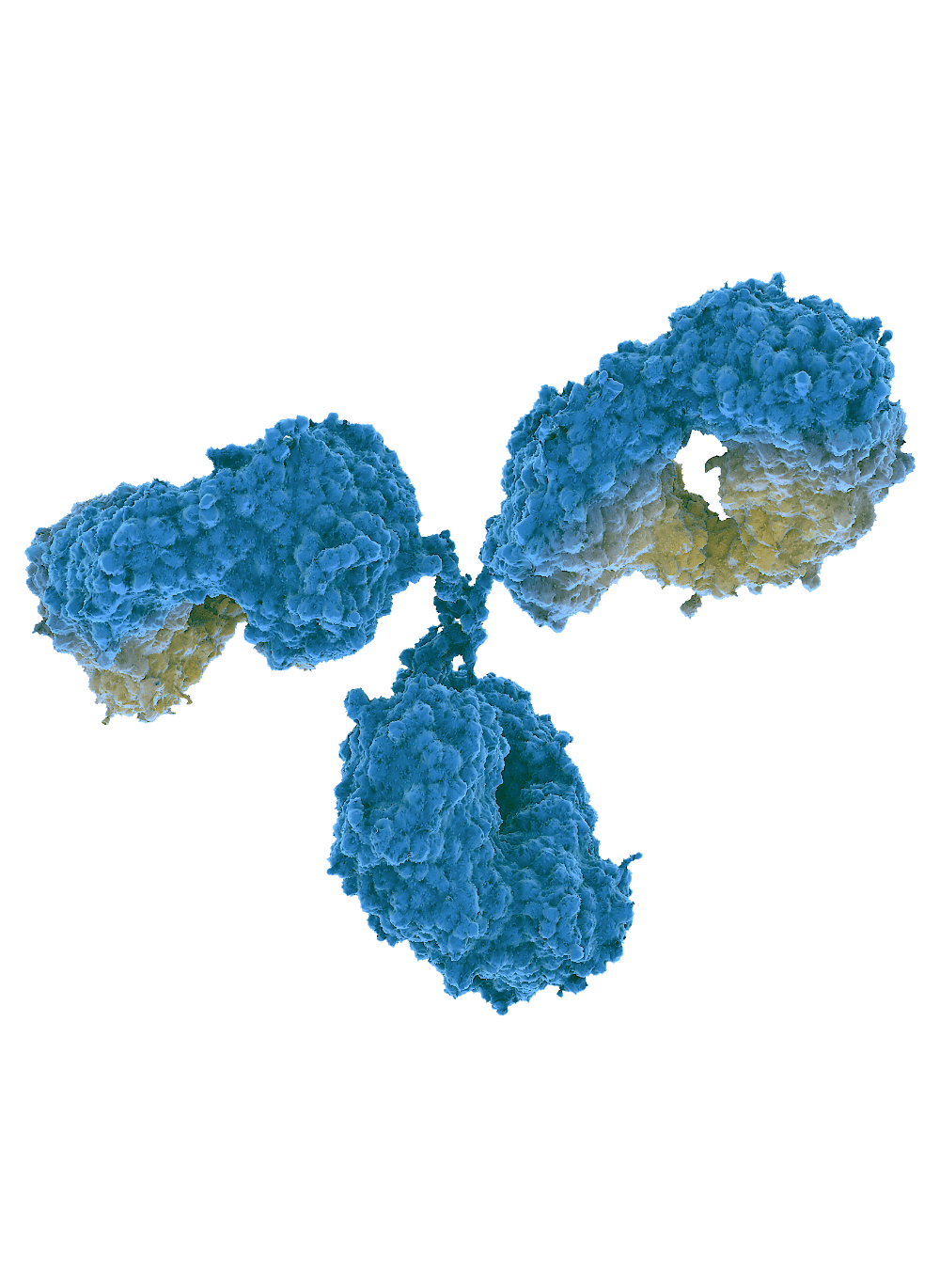


Vilobelimab is a first-in-class monoclonal anti-human complement factor C5a antibody, which highly and effectively blocks the biological activity of C5a and demonstrates high selectivity towards its target in human blood. Thus, vilobelimab leaves the formation of the membrane attack complex (C5b-9) intact as an important defense mechanism of the innate immune system, which is not the case for molecules blocking C5.
Vilobelimab is currently in clinical development for several indications, including an ongoing Phase 3 trial in pyoderma gangrenosum (PG), and initiation of a Phase 2 clinical platform study (funded by BARDA) in acute respiratory distress syndrome (ADS) expected in 2024.
In preclinical studies, vilobelimab has been shown to control the inflammatory response-driven tissue and organ damage by specifically blocking C5a as a key “amplifier” of this response. Vilobelimab has been proven safe and well tolerated in a double-blind placebo-controlled dose escalation Phase 1 study in healthy human volunteers. In a first clinical Phase 2a multi-center placebo-controlled dose escalation study in patients suffering from early septic organ dysfunction, biological proof of concept was established, demonstrating its unique C5a blocking ability as well as selectivity (leaving MAC formation intact).
InflaRx previously conducted a Phase 2a study in PG with a total of 19 patients. Over a period of 26 weeks, patients were treated biweekly with vilobelimab 800mg, 1600mg or 2400mg, after an initial run-in phase with three doses of 800mg on days 1, 4 and 8, followed by a two-month observation period. Efficacy was assessed with the physician global assessment score (PGA). In the high dose cohort, 6 out of 7 patients (85.7%) demonstrated complete target ulcer closure, and treatment response rates in the different dosing cohorts correlated with suppression of C5a levels in patients’ plasma over time.
InflaRx is currently conducting a multi-national, randomized, double-blind, placebo-controlled pivotal Phase 3 study in PG. The trial study has two arms: (1) vilobelimab plus a low dose of corticosteroids and (2) placebo plus the same low dose of corticosteroids. The primary endpoint of the study is complete closure of the target ulcer at any time up to 26 weeks after initiation of treatment.
The study has an adaptive design with an interim analysis (expected in 2025) blinded for the sponsor and investigators planned upon enrollment of approximately 30 patients (15 per arm). Depending on the results of the interim analysis, the trial sample size will be adapted, or the trial will be terminated due to futility. The enrollment period is projected to be at least two years, depending on the total trial size after sample size adaptation.
Vilobelimab has been granted orphan drug designation for the treatment of PG by both the U.S. Food and Drug Administration (FDA) in the United States and the European Medicines Agency in Europe, as well as fast track designation by the FDA.
To learn more about our ongoing phase 3 trial for treating ulcerative PG, please visit clinicaltrials.gov